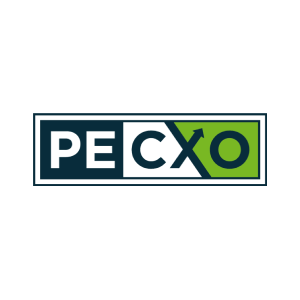- Inorganic growth is a key component of the modern LBO playbook.
- PE-backed CFOs must be prepared to lead multiple integrations over the course of a hold – often in rapid fashion.
- A haphazard diligence process gives way to a botched integration. The integration team must have early clarity on the strategy behind the acquisition and the overarching objectives for the entity in order to create a strong plan of action for its successful integration.
While an integration brings significant operational challenges, the potential for cultural turbulence cannot be overlooked. A change in ownership can be an emotional flashpoint for the acquired business. The executive team plays a vital role in generating buy-in.
Successful integrations must see go-forward management transparently convey what the change will look like, when it will occur, and how the new structure and strategy will benefit the company and its employees. Communication must be clear, concise, and consistently reinforced, and management must execute on what is pledged. Early momentum is vital to a successful integration, as missed 30- or 60-day objectives often result in a costly game of catch-up that can lose millions in potential value creation. The CFO plays a key role in driving this process, and strong lines of communication to the CEO throughout an integration are imperative.
Though a sponsor-backed environment demands urgency, an ill-planned or rushed integration can impair an entity’s revenue engine and increase turnover of key personnel. However, an integration cannot become so inwardly focused that existing pipelines run dry and momentum is lost.
The most valuable integrations identify the strongest components of each entity and combine those assets into a cohesive strategy to boldly move forward as a unified, superior organization.
PE-backed CFOs utilize several best practices to expertly ...
